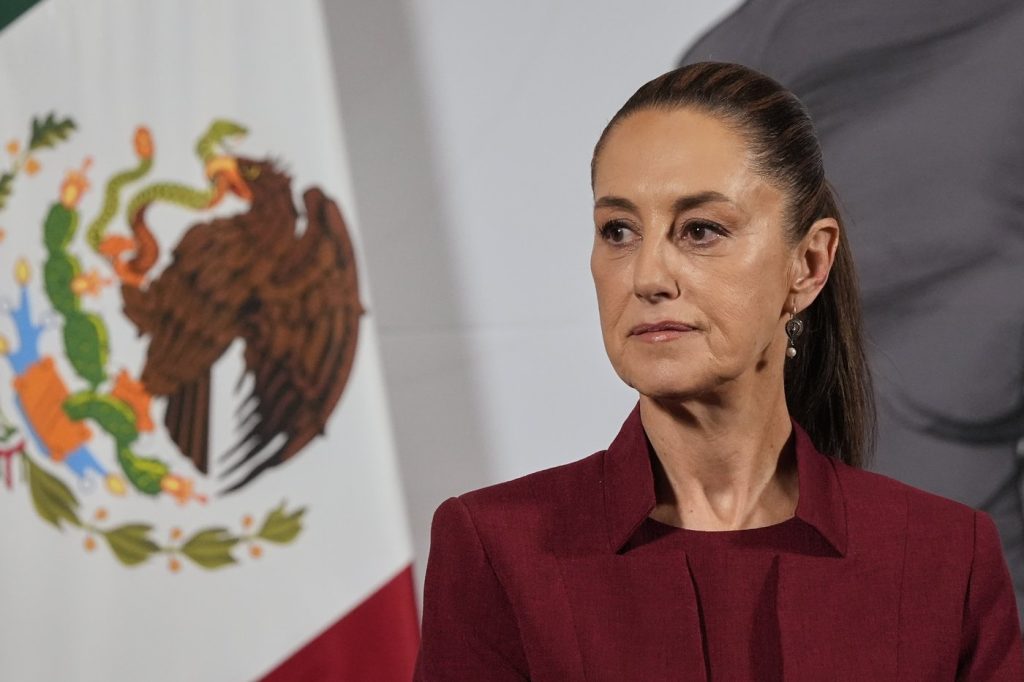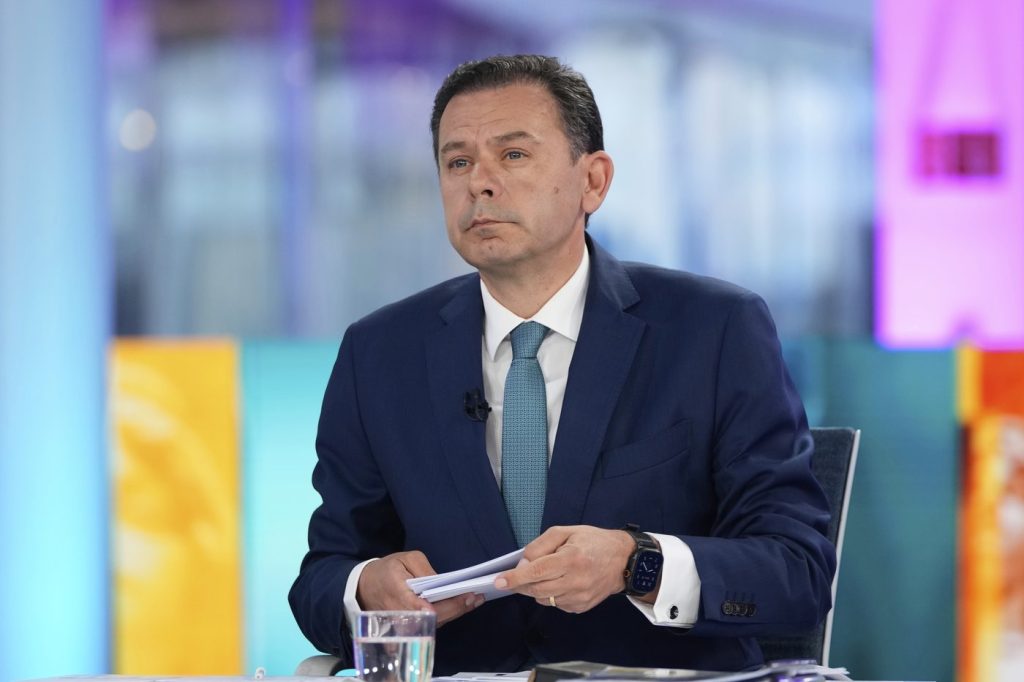MEXICO CITY (AP) - Mexican President Claudia Sheinbaum revealed on Saturday that U.S. President Donald Trump proposed the deployment of American troops to Mexico to assist her government in combating drug trafficking. However, Sheinbaum rejected the offer during a recent phone call. Her comments came in response to a Wall Street Journal article that detailed the tense conversation from the previous month, wherein Trump reportedly urged her to allow a greater role for U.S. military forces in tackling drug cartels operating within Mexico's borders.
During her address to supporters in eastern Mexico, Sheinbaum recounted Trump's proposition: “He said, ‘How can we help you fight drug trafficking? I propose that the United States military come in and help you.’ And you know what I said to him? ‘No, President Trump.’” She emphasized her stance on national sovereignty, declaring, “Sovereignty is not for sale. Sovereignty is loved and defended.”
In response to Sheinbaum's assertions, the White House National Security Council spokesman, James Hewitt, issued a statement reaffirming Trump’s commitment to enhancing security at the U.S.-Mexico border. The statement noted that the Trump administration has collaborated effectively with Mexico’s leadership to ensure what they described as the “most secure southwest border in history.” However, it also highlighted the ongoing threat from “dangerous foreign terrorist organizations,” asserting that drug-related crime poses significant risks to communities across the United States.
In recent months, the U.S. military presence along the southern border has increased, following Trump's January directive that expanded the army’s role in managing the flow of migrants. The U.S. Northern Command has ramped up troop deployment and equipment at the border, intensified manned surveillance flights to monitor fentanyl trafficking, and sought broader authority for U.S. Special Forces to collaborate with Mexican forces engaged in operations against drug cartels.
Moreover, Trump formally classified many of the gangs and cartels involved in drug smuggling into the U.S. as foreign terrorist organizations on February 19, a move that restricted their movements and equipped law enforcement with additional resources to combat these criminal entities.
Sheinbaum's firm rejection of U.S. military intervention signals a potential escalation of tensions with Trump, particularly after months of cooperation between the two nations on issues related to immigration and trade. She reiterated her position by stating, “We can work together, but you in your territory and us in ours.”
As both leaders navigate the complexities of U.S.-Mexico relations, Sheinbaum's stance on sovereignty will likely remain a pivotal point of contention, especially in the context of Trump's ongoing efforts to manage security and drug-related violence affecting the United States.












